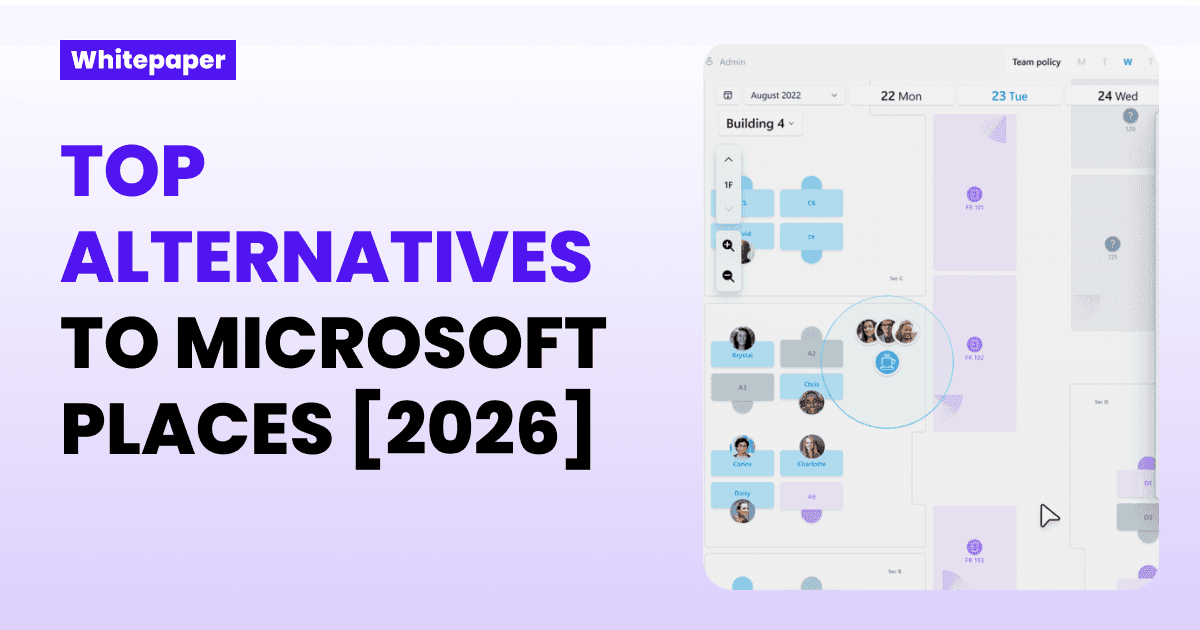>
May 3, 2021
While scrolling on LinkedIn in the past weeks I've realized this trend; many companies are asking their employees and network to take a poll and answer: How many days they would like to work from home. Consequently, also asking: How many days they are willing to come to the office. I don't think these polls are statistical so I've decided to fact check the data. 80% of German companies "Expect greater demand for home-office from employees" (Fraunhofer-Institut für Arbeitswirtschaft und Organisation), and almost 100% of Dax 30 companies "Will offer remote work options to their employees" (Der Spiegel). That's clear: Companies will go hybrid.
During the pandemic people were forced to work remotely. Most of us had to discover how to connect with our peers without being with them physically in the same space. Hybrid working tools became common practice. Everyone today knows what Zoom and Slack are, even my very senior parents. This created a shift. People saw they could do more or less the same work without coming physically to the office. Productivity studies showcase many different aspects regarding the impact and seem inconclusive. Some say, we work too much now, take no breaks and get closer to burn-out. Others say they increased productivity and people have much more free time to explore other things. One thing is sure, employees became accountable for their own work and we need to harness this change for good.
Do I think everyone is going to continue working from home? Obviously not. Many companies are planning on the day after. Employees also realize that as social beings, they also miss the office interactions. But, as I see it; the "old normal" is dead. The office as we knew it is gone. For good. Companies will have to evolve, offering employees the opportunity to work from home at least some days during the week and will need to recalibrate and redesign their office to fit these NewWork needs.
I'm putting all my chips on a people centric hybrid future. Not the office as the center but the people. Companies will offer their workforce the best tools, processes and space. No more empty desks or private rooms unused. Rent is high, operations are costly and no one wants to increase waste in 2021. At yoffix we like to emphasize on increasing employee satisfaction, decreasing company costs (like mentioned before: rent, utilities, etc..) and decreasing carbon emissions, by reducing commuting. For us, this is enough to preach the gospel of hybrid working. Our goal is to help companies on their path to a hybrid working model that is tailored to fit them.
Important to mention, hybrid working does come with challenges too. Imagine these two scenarios: A. everyone coming in on the same day without making a proper reservation and it becomes chaos. B. no one comes at all and all resources are wasted. Bigger companies that will tackle hybrid by themselves will find it daunting and will need time to properly create processes that work long term. Going hybrid requires real-time visibility, an understanding on how to motivate and appreciate employees (who aren't at sight), securing mental and physical health of their whole staff remotely and making changes to their office design and that's just the tip of the iceberg.
At yoffix, we're not only offering a scheduling tool allowing people to set their office days for maximum collaboration with other colleagues, teams, departments but also full visibility on who's working from where and sharing this overview. Other features will include desk booking, check-ins and much more. And, our roadmap for future features is just as exciting. However, on our people centric features I won't elaborate here. Check out our website or have a tailored demo with us. I am actually inviting you to do so.





